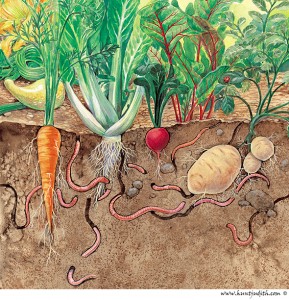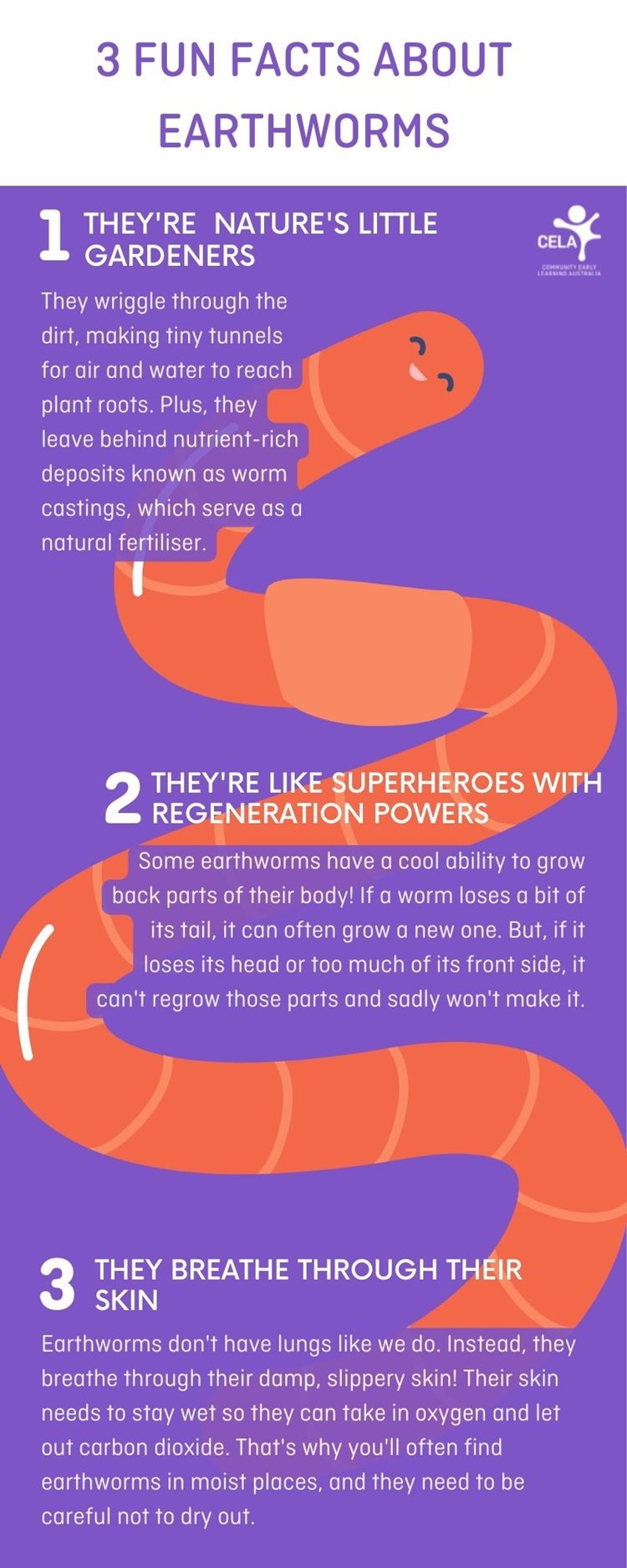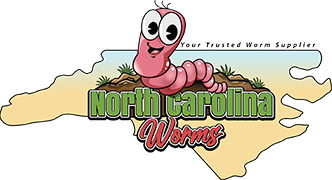The Buzz on North Carolina Worms
9 Easy Facts About North Carolina Worms Shown
Table of ContentsUnknown Facts About North Carolina WormsThings about North Carolina WormsNot known Facts About North Carolina WormsFascination About North Carolina Worms
Example: 1-gallon of worm spreadings to 4 gallons of potting mix. Do NOT utilize a potting mix that has chemical plant foods in it. Check out the labelit will say. 1/2 mug in all-time low of the planting opening for smaller plants. 1 mug for larger plants. ie. tomatoes, green peppers, summer season squash, and so forth.
The enhancement of tea can also include raised microbial biomass to your dirt. You can always side-dress your plants with worm spreadings at any moment. Simply keep in mind, the microorganisms will certainly die if revealed to UV rays (Sun), so be certain to cover the castings with an inch approximately of soil.
This frustrated them for years until the screening techniques ended up being much better. It would get far better(with more spreadings), level off, and after that decline. Also numerous worm spreadings would certainly accelerate the growth to a pace that the plant might not recoup from.
4 Simple Techniques For North Carolina Worms
I have expounded the merits of worm spreadings for regarding 2000 words. Worm castings are no different. It takes time to create top quality worm spreadings.
Worm spreadings definitely cost even more than chemical fertilizers. Worm spreadings are on the more affordable end of organic plant foods. (50 gallons per year) It is a much more challenging and extremely expensive financial investment to produce huge quantities of worm castings.

Developing a healthy dirt may be the best benefit of worm spreadings. We talked about worm spreadings NPK and likewise the correct nutrient analysis that should use to worm spreadings.
All About North Carolina Worms
We chatted concerning some of the disadvantages connected with worm spreadings. I covered a great deal of product in this article. There are a great deal of web links (internal and outside). If you would certainly such as more information on a specific subject, please click through the web links to learn more. As always, feel free to comment or ask inquiries.
The upright burrows are commonly open, although the worms cover the leading with deposit and excrement. Roots require oxygen for their development, whereas they generate carbon dioxide that requires to leave the soil.
Earthworms raise porosity by 2 systems: (1) by developing irreversible burrows, and (2) by boosting dirt gathering. Aggregation is improved by the blending of soil and organic issue in the earthworms' digestive tracts. Lake Hickory Bait. These extremely stable accumulations are deposited by some earthworms in their burrows, and by others at the surface of the dirt


In another study, earthworms were approximated to consume 4 to 10 percent of the leading 6 inches of the dirt each year. This only goes to show the huge amounts of soil that can be refined by earthworms. Dirt compaction reduces the porosity of the soil. Since earthworms boost porosity, they reduce the impacts of compaction.
Some Known Details About North Carolina Worms
Common earthworm populations can quickly consume 2 lots of completely dry matter per acre per year, partially digesting and mixing it with dirt. The value of earthworms to mix surface deposit with soil becomes really clear in dirts that do not have any type of earthworms. A lot of our Pennsylvania soils have at least some earthworms, and the result of their full lack, as a result, can not be kept in mind.
(https://www.aquarius-dir.com/North-Carolina-Worms_462181.html)In these dirts, the development of topsoil with practical organic matter material did not take place, leading to inadequate crop development. As soon as the cause was established, the government of the Netherlands started a project to present earthworms. After the intro of the earthworms, a dark topsoil layer was created, and plant development raised substantially.
They live primarily from partly decayed natural issue that is currently included in the soil. These species consume huge quantities of soil that they mix with digested crop residue in their intestines.
Their burrows continue to be open, although they top the leading with plant residue that they pull to the entry. These types consume significant quantities of soil that they blend with digested deposit in their intestines. Their excrement is primarily transferred at the surface of the dirt. The nightcrawler Lumbricus terrestris is the most prominent participant of this group.